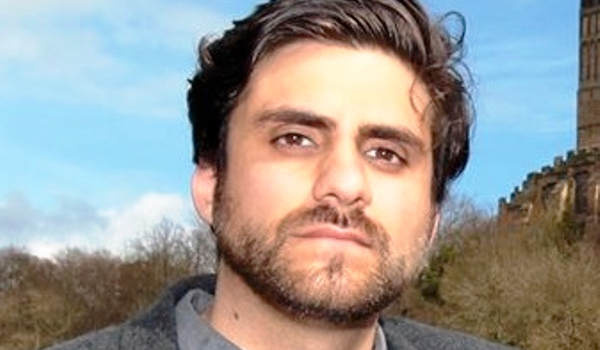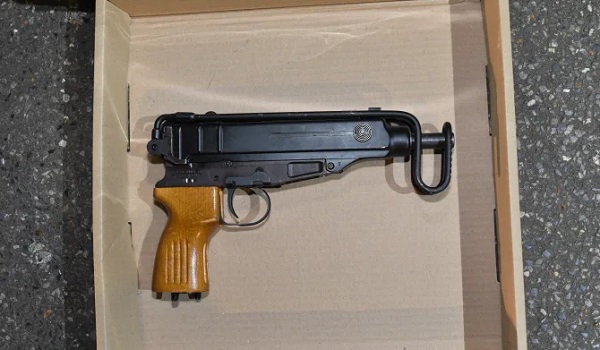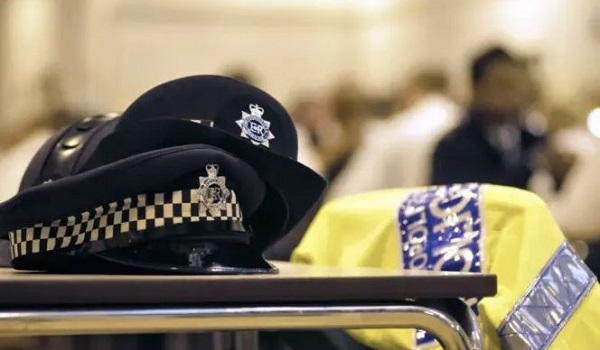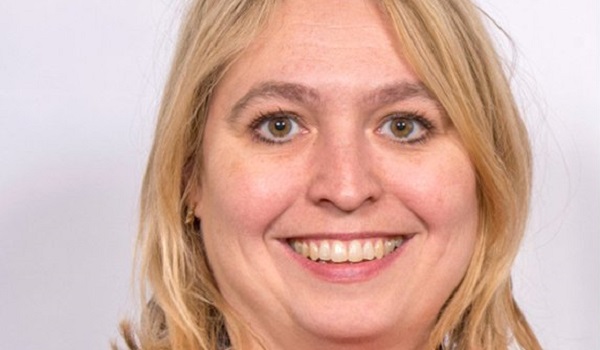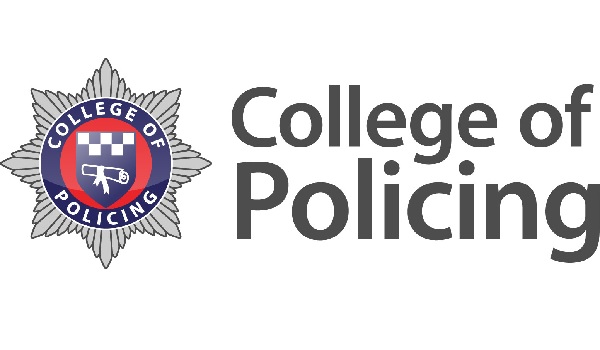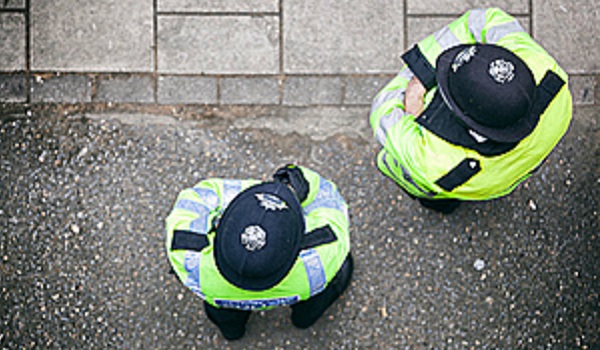Legalising cocaine and heroin could help fight war on drugs from economic perspective, say researchers
Increasing access to education may prove more effective than cracking down on drug criminals by force, an innovative 20-year study suggests.
Legalising cocaine and heroin would boost the economy by reducing the number of murders, according to new research.
The war on drugs fuels turf wars, violence among gangs and harms countries – affecting financial growth rather than the industry itself, say scientists.
The latest findings, presented at the Royal Economic Society’s annual conference in Brighton, were reached by analysing the illegal drug trade from a macroeconomic perspective – something that has been rarely attempted despite worldwide attention to the issue.
An analysis of 34 countries over two decades found every additional killing per 100,000 inhabitants significantly lowered the premium paid to highly skilled workers. This in turn decreased growth – lessening the incentive to acquire education and raising the chances of people joining drugs gangs.
Legalisation could reduce violence by vastly decreasing the profit margins the gangs stand to gain, the conference was told. It would also curtail the resources they use to defend and expand their operations. But this carries such political difficulties it is unlikely to be implemented any time soon, said the researchers.
Dr David Chivers, of Durham University, said violence is a result of rival gangs competing over routes and territories – and fuelled by the large profits from trafficking. It can decrease the skill premium through social unrest and disruption to education.
A perfect example is the TV series Narcos, which tells the true story of how the Colombian drug lord Pablo Escobar became one of the richest men in the world by trafficking cocaine – simply transporting it to countries where there was a high demand and a low supply. In 2004, Joaquín ‘El Chapo’ Guzman assassinated the leader of the Juarez Cartel to gain control of a key crossing point at the border with Texas.
The event marked the start of the Mexican drug war – which has so far claimed the lives of more than 60,000 people.
Using the murder rate as a ‘proxy’ for overall violence within that country, Dr Chivers and his colleagues developed a computer model that showed government crackdowns are likely to worsen the problem by sparking even more violence.
When government neutralises a drug gang, it often sparks a turf war among rival gangs, said Dr Chivers, adding: “The main finding of our analysis is that murders have negative effects on the skill premium.
“Our findings suggest one additional murder per 100,000 inhabitants leads to a decrease of 0.27 percentage points in the skill premium.”
Countries offering high skill premiums are likely to grow faster, due to the higher number and productivity levels of workers. In addition, individuals have a higher incentive to acquire education and a lower incentive to join drug gangs, to ensure high earnings for themselves and their family.
Dr Chivers added: “Specifically, we show drug trafficking diverts workers from the legal sector and reduces wages, the skill premium and the steady state value of aggregate output.
“Our model also provides a framework to explore the effectiveness of alternative policies to tackle drug trafficking such as scaling up the war on drugs, distributing subsidies to low income agents and legalisation.”
During the first decade of the 21st century, international organised crime accounted for over 1.5 per cent of global GDP – equivalent to £460 billion per year. Profits from drug trafficking accounted for over half.
The most profitable drugs to traffic are cocaine and heroin – produced in low-income countries before being transported for sale in high-income countries, he said.
To make 1kg of cocaine 350kgs of coca leaves are needed. These are mostly grown in Bolivia, Peru and Brazil and transported to countries such as the US via Mexico. Producers are paid around £273 for 1kg of cocaine. Once traffickers sell to wholesale dealers in the US the price rises to £10,230, and in turn, the street level dealer can sell this for £55,000.
The value of 100 per cent pure cocaine is estimated to be worth around £122,000 with the mark-up for transporting a product equivalent to around 3,800 per cent, he added. But to protect and obtain routes from rival gangs – as well as avoid being shut down by law enforcement agencies – they must routinely engage in acts of violence and corruption, he said.


